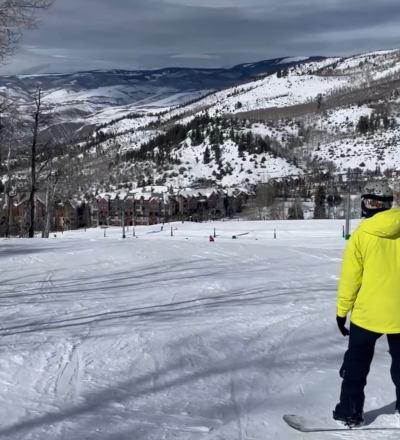 Snowboarding can significantly improve your mental health and well-being through a combination of physical and psychological benefits. Here’s how:
Snowboarding can significantly improve your mental health and well-being through a combination of physical and psychological benefits. Here’s how:
Physical Benefits:
Endorphin Release: Snowboarding is a physically demanding activity that triggers the release of endorphins, the body’s natural mood elevators. These hormones can help reduce stress and anxiety, and promote feelings of happiness and well-being.
Improved Cardiovascular Health: The aerobic exercise involved in snowboarding strengthens your heart and lungs, leading to better cardiovascular health. A healthy heart can positively impact your mood and reduce the risk of various mental health conditions.
Stress Reduction: Engaging in physical activity like snowboarding helps reduce stress hormones like cortisol. This can lead to a calmer and more relaxed state of mind.
Psychological Benefits:
Mindfulness and Focus: Snowboarding requires focus and concentration, allowing you to be present in the moment and temporarily escape the stresses of daily life. This can enhance mindfulness and improve your ability to focus on the task at hand.
 Sense of Accomplishment: Mastering new snowboarding tricks or conquering challenging slopes can boost your self-esteem and confidence.
Sense of Accomplishment: Mastering new snowboarding tricks or conquering challenging slopes can boost your self-esteem and confidence.
Achieving goals, no matter how small, can contribute to a positive sense of self.
Social Connection: Snowboarding often involves spending time with friends and family, fostering social connections and a sense of belonging. Strong social relationships are crucial for mental well-being.
Nature Exposure: Spending time in nature, especially in beautiful mountain environments, has been shown to have positive effects on mental health.
It can reduce feelings of stress and anxiety while promoting a sense of calm and peace.
In summary, snowboarding offers a unique combination of physical and psychological benefits that can contribute to improved mental health and well-being. It’s a fun and exciting way to reduce stress, boost mood, and enhance overall quality of life.
By: Shawn Potaracke

